Having directly participated in the campaign to improve air quality in Beijing (China), Professor Yafang Cheng, Director of the Department of Aerosol Chemistry, Max Planck Institute for Chemistry (Germany), said that a lot of efforts are needed to reduce air pollution with the participation of both the government and the people. Professor Yafang Cheng is in Hanoi for the Science and Technology Week and the VinFuture Award Ceremony 2024.
Madam, Vietnam is facing serious air pollution in large cities, can you share some experiences to solve the air pollution problem in Vietnam? I think we all want to reduce air pollution. I conduct research in Germany but there are also many activities to join in solving air pollution problems in China. Now, we can see that cities are affected by air pollution, which is a combination of many different factors including emissions and meteorology. All of these will affect urban areas. I think one of the things we can do is calculate emissions reduction, including emissions related to CO2. The common feature is that CO2 can be emitted from different sources, so if we work together to reduce emissions, we will reduce the problem caused by carbon. The second issue is related to the process called black carbon, which is the combustion process, for example from industrial activities, transportation, will affect the atmosphere in urban areas and not only limited to urban areas, it can spread outside urban areas, affecting people's lives. Air pollution is not only an urban problem but also a regional problem, as well as a global problem. Therefore, to solve the problem of air pollution, we need to work together.
 |
Professor Yafang Cheng.
It is good to know that you have been involved in solving the air pollution problem in Beijing. It is known that Beijing is considered a model for improving air quality. In your opinion, what experiences from Beijing can Hanoi apply to improve air quality? I think the most important thing is that China has been correct in applying science to guide emissions reduction. We have identified what is key in building a solution, as well as what are the main emission sectors, or types of emissions that need to be cut. In China, people have spent time cleaning up residential areas, replacing coal burning with increased use of natural gas and clean energy in households. I think that has helped a lot, and at the same time promoted green and clean energy. All of those measures are useful because air pollution is also caused by carbon and greenhouse gases. Therefore, when dealing with air pollution, one of the solutions is to cut carbon emissions. To give you a specific example, the winter weather conditions in China are not very favorable, which leads to low concentrations of pollutants. So how can we reduce the combustion of fuels among consumers and reduce them to low levels? I remember around 2013 or 2015, in China, we were trying to reduce the combustion emissions in the residential sector by encouraging the switch to cleaner natural gas, which is better for not only the outdoor air but also the indoor air. We saw that if we only focus on reducing emissions, it will affect the economic development process. Now how can we combine both emission reduction and economic development? So we will have to move towards cleaner energy and that can also create more jobs. One of our options is to use electric vehicles which also reduce combustion and ensure cleaner emissions, while still maintaining economic and manufacturing growth.  |
Air pollution is a serious environmental problem in Vietnam's major cities. Photo: Nhu Y.
I think the Government will have to make a lot of efforts not only in terms of financial resources but also in terms of communication and education campaigns to change people's thinking, to help people understand that if they do so, it will help improve air quality, which is beneficial for indoor and outdoor air. Besides, to be able to do or want to use clean energy, there must be clean energy available to provide to people. Therefore, we have to calculate the clean energy supply. So in the near future, do you have any plans or plans to cooperate with scientists in Vietnam and specific projects for ministries and agencies in Vietnam related to the issue of reducing air pollution? We see that the field of air pollution or climate and environmental issues requires cooperation. Because this is not a local problem but a regional and global problem. I myself have not had the opportunity to cooperate much with the Vietnamese side yet, however, I hope that through this event, we will have the opportunity to meet and exchange with many experts and professors, thus opening doors in the future. Besides, we have environmental and climate funds in Asia, which are also channels that are always ready to sponsor and support work on climate and environment. Thank you! Professor Yafang Cheng, Director of the Department of Aerosol Chemistry, Max Planck Institute for Chemistry (Germany). She is also a visiting professor at Peking University and the University of Science and Technology of China. She is recognized by Clarivate & Web of Science as one of the most highly cited scientists. She has also been honored with many major and prestigious international scientific awards. Source: https://tienphong.vn/chuyen-gia-quoc-te-neu-giai-phap-giam-o-nhiem-khong-khi-o-viet-nam-post1697657.tpo




![[Photo] Dong Ho Paintings - Old Styles Tell Modern Stories](https://vstatic.vietnam.vn/vietnam/resource/IMAGE/2025/3/29/317613ad8519462488572377727dda93)
![[Photo] Prime Minister Pham Minh Chinh chairs meeting to urge highway projects](https://vstatic.vietnam.vn/vietnam/resource/IMAGE/2025/3/29/6a3e175f69ea45f8bfc3c272cde3e27a)
![[Photo] Prime Minister Pham Minh Chinh and Brazilian President Luiz Inácio Lula da Silva attend the Vietnam-Brazil Economic Forum](https://vstatic.vietnam.vn/vietnam/resource/IMAGE/2025/3/29/f3fd11b0421949878011a8f5da318635)

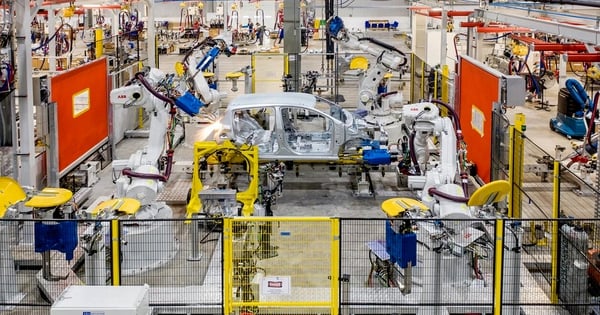

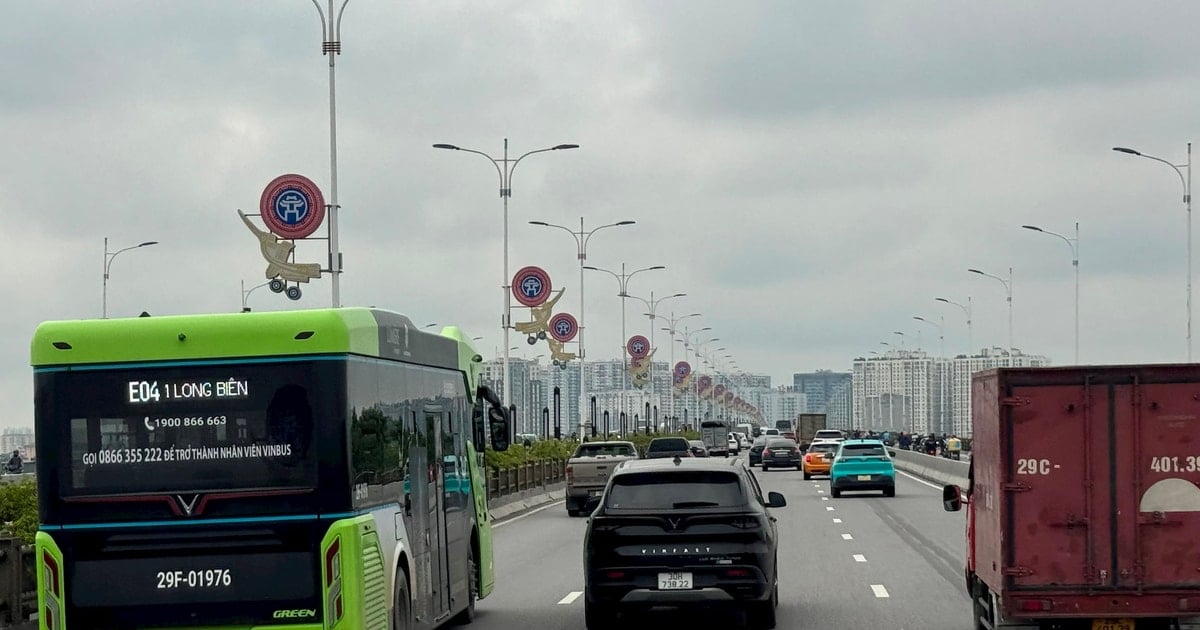



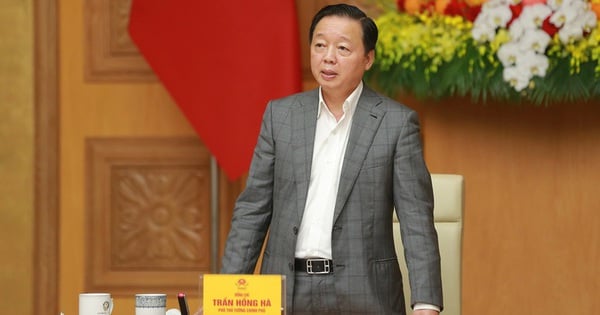


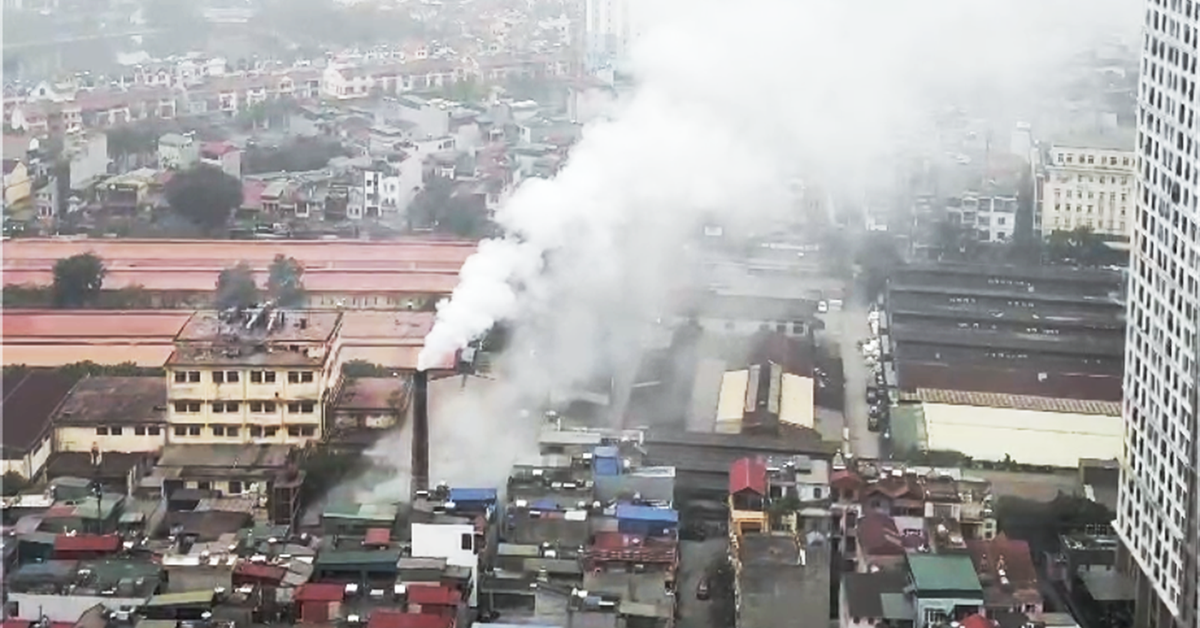

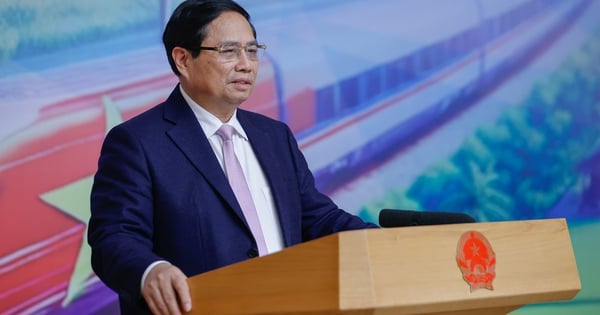
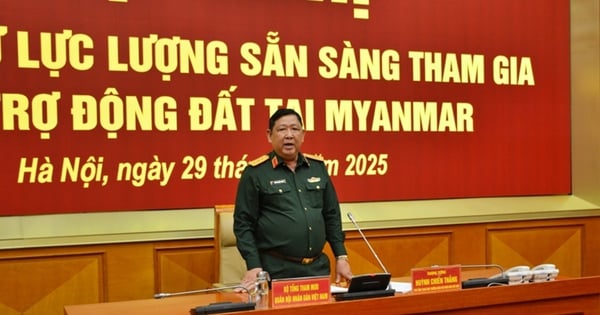
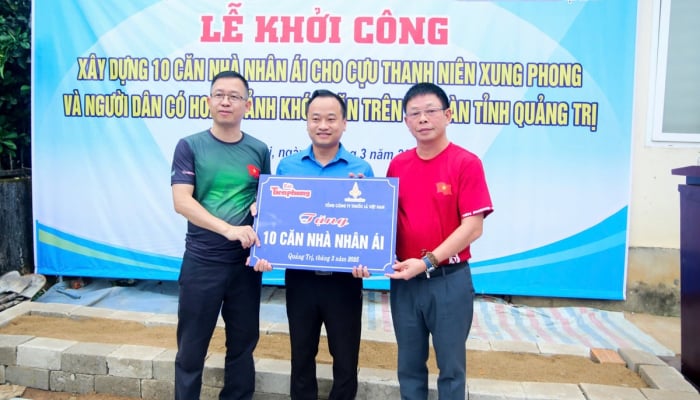
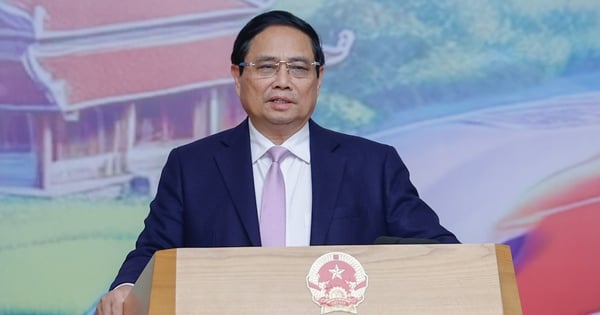
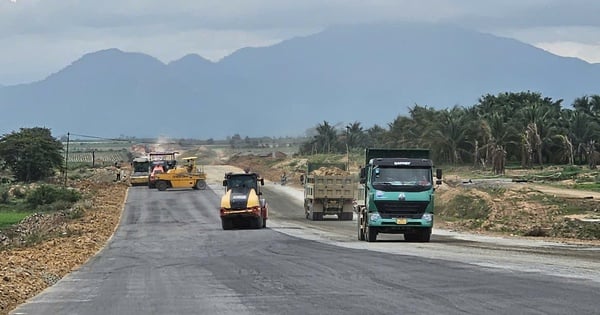
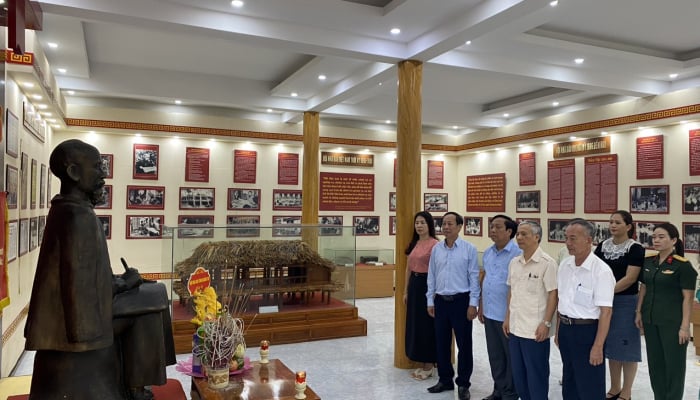




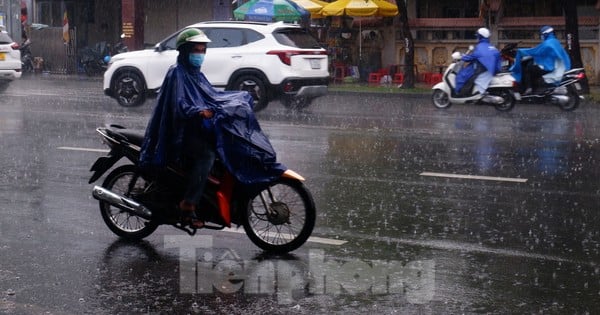

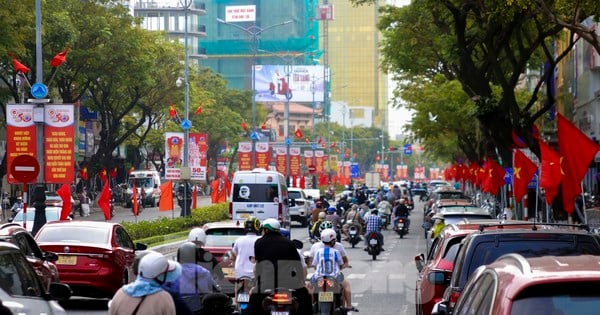


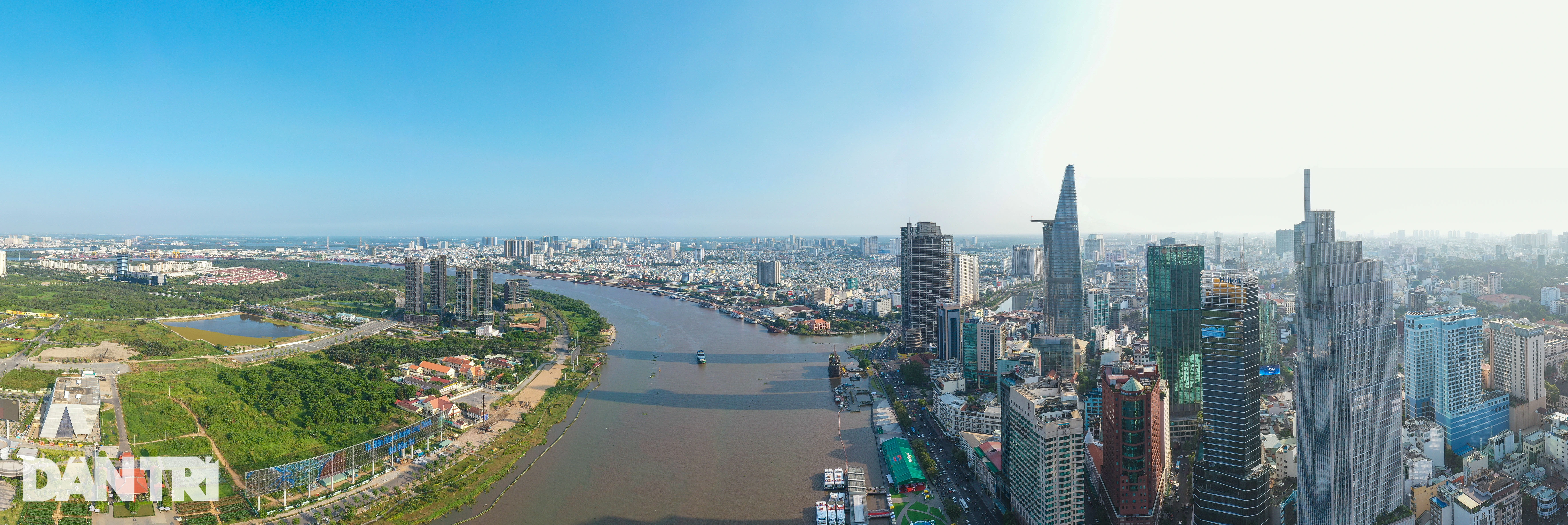













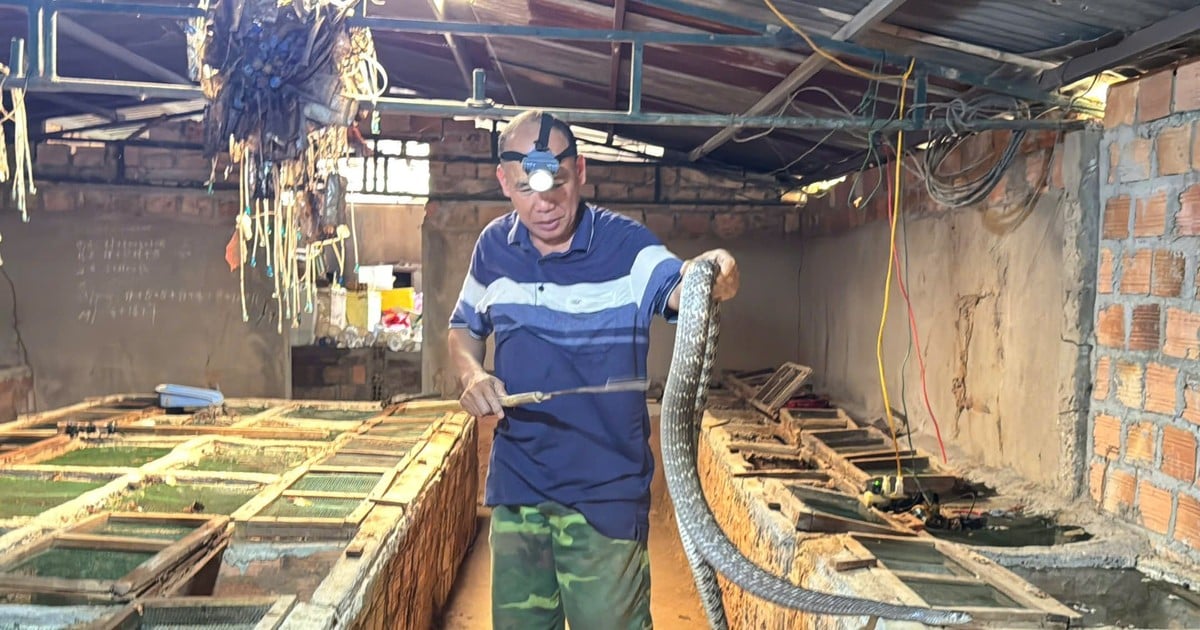


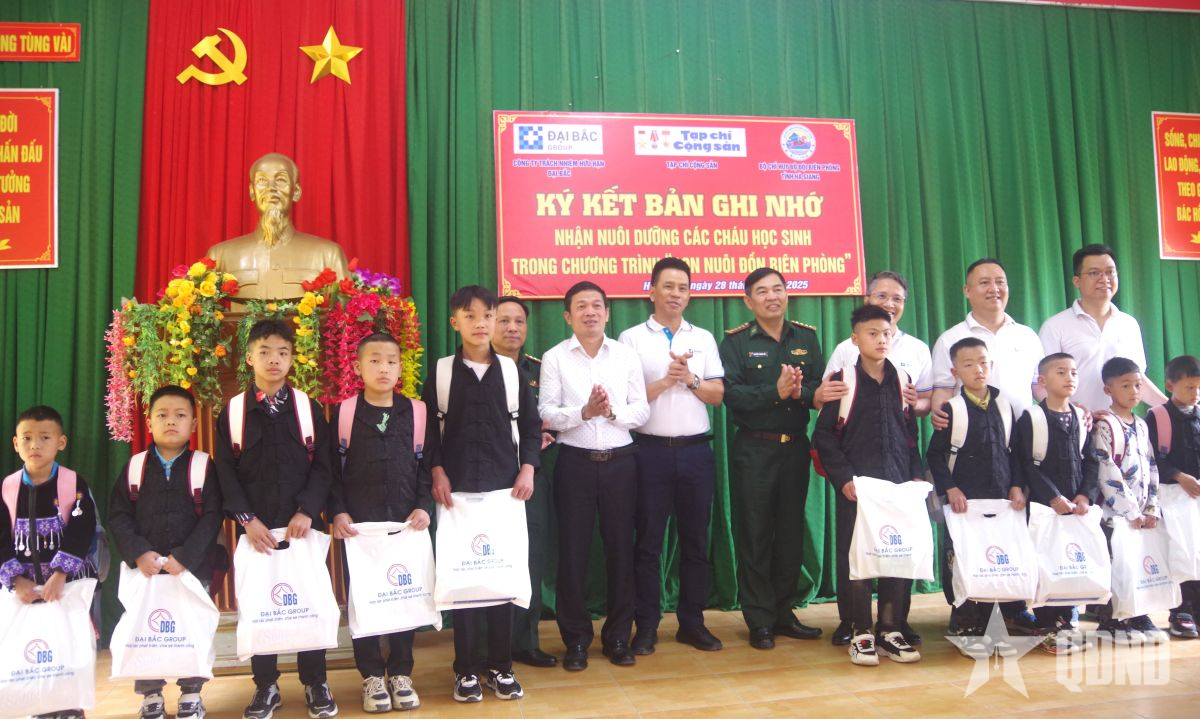








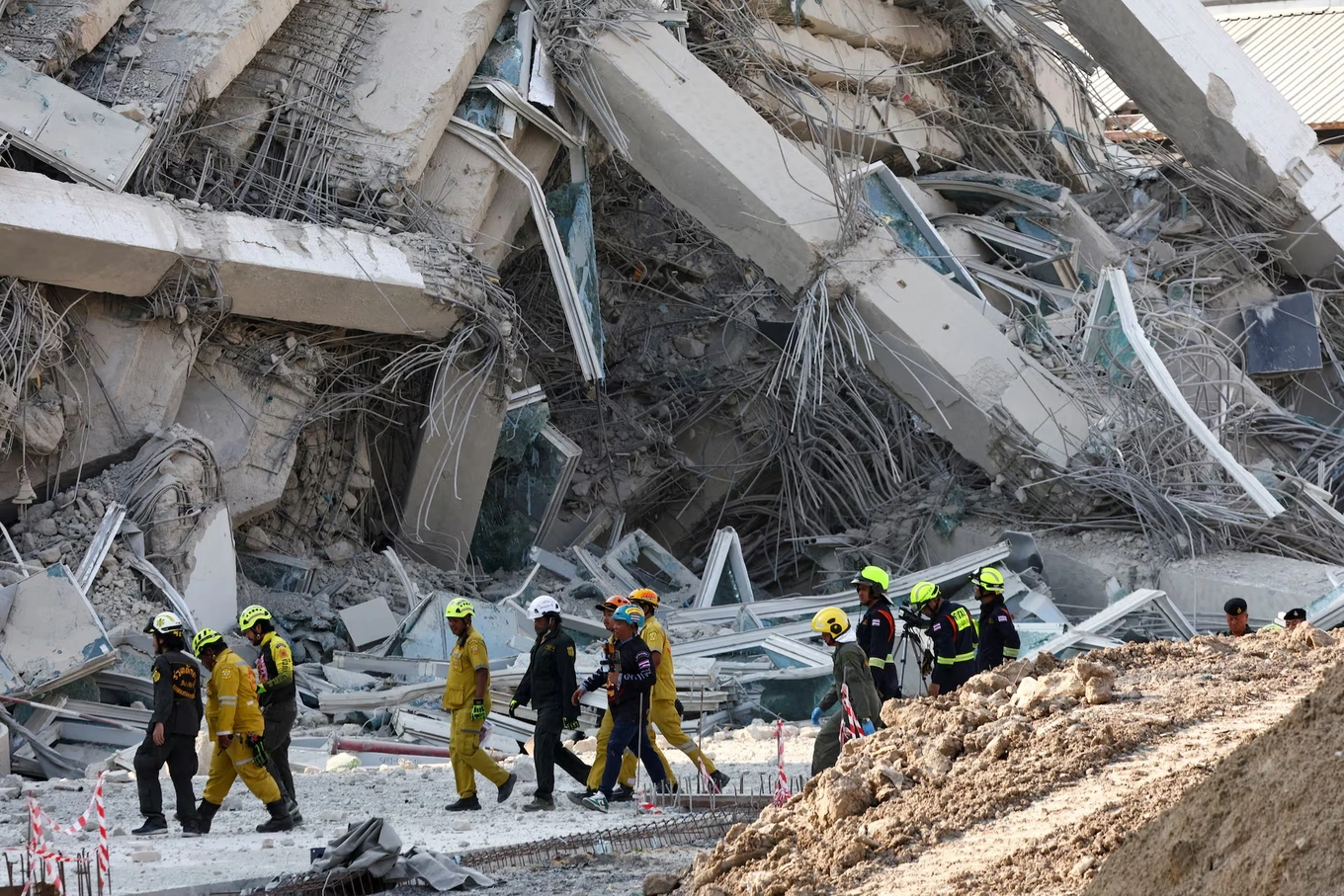


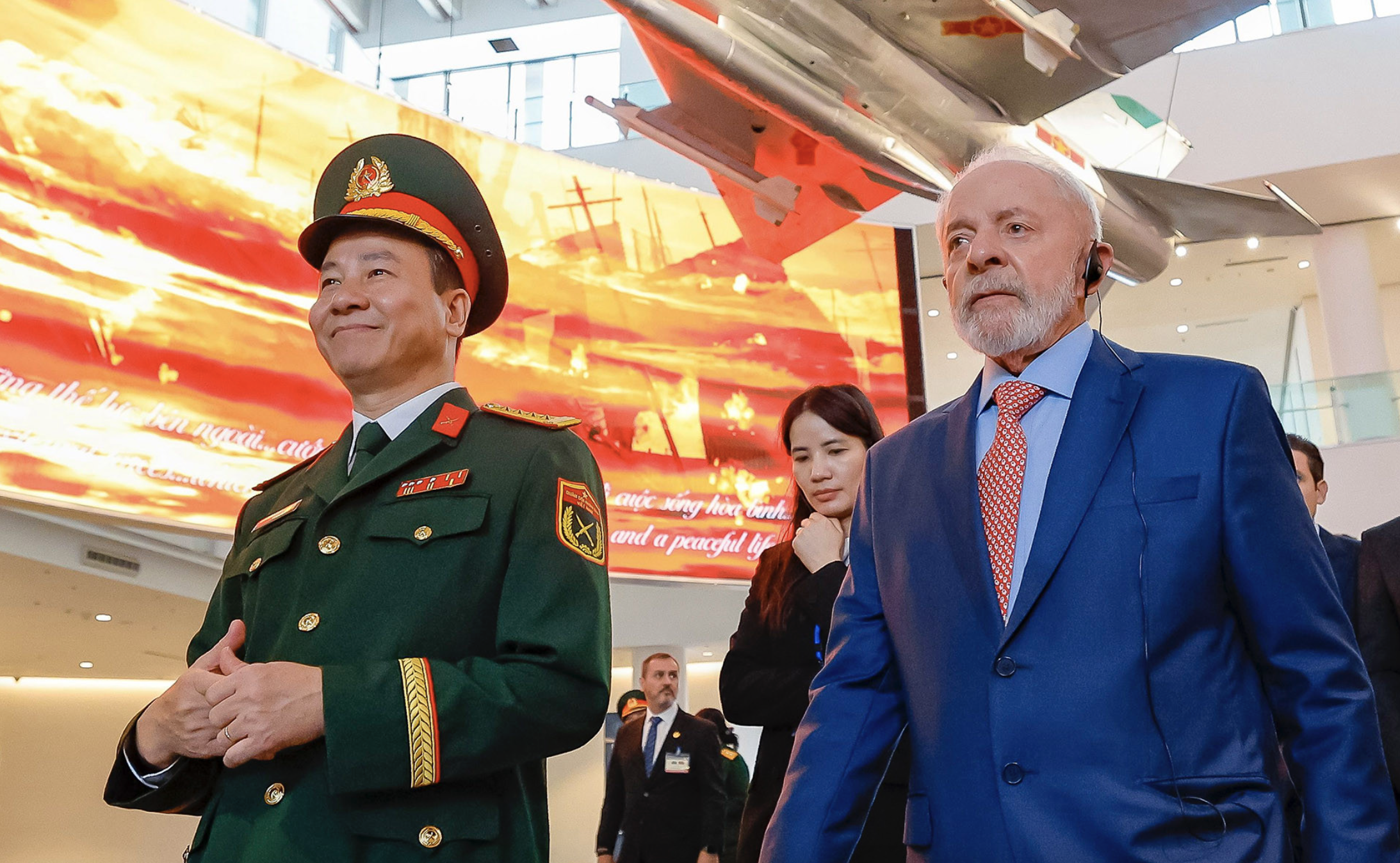
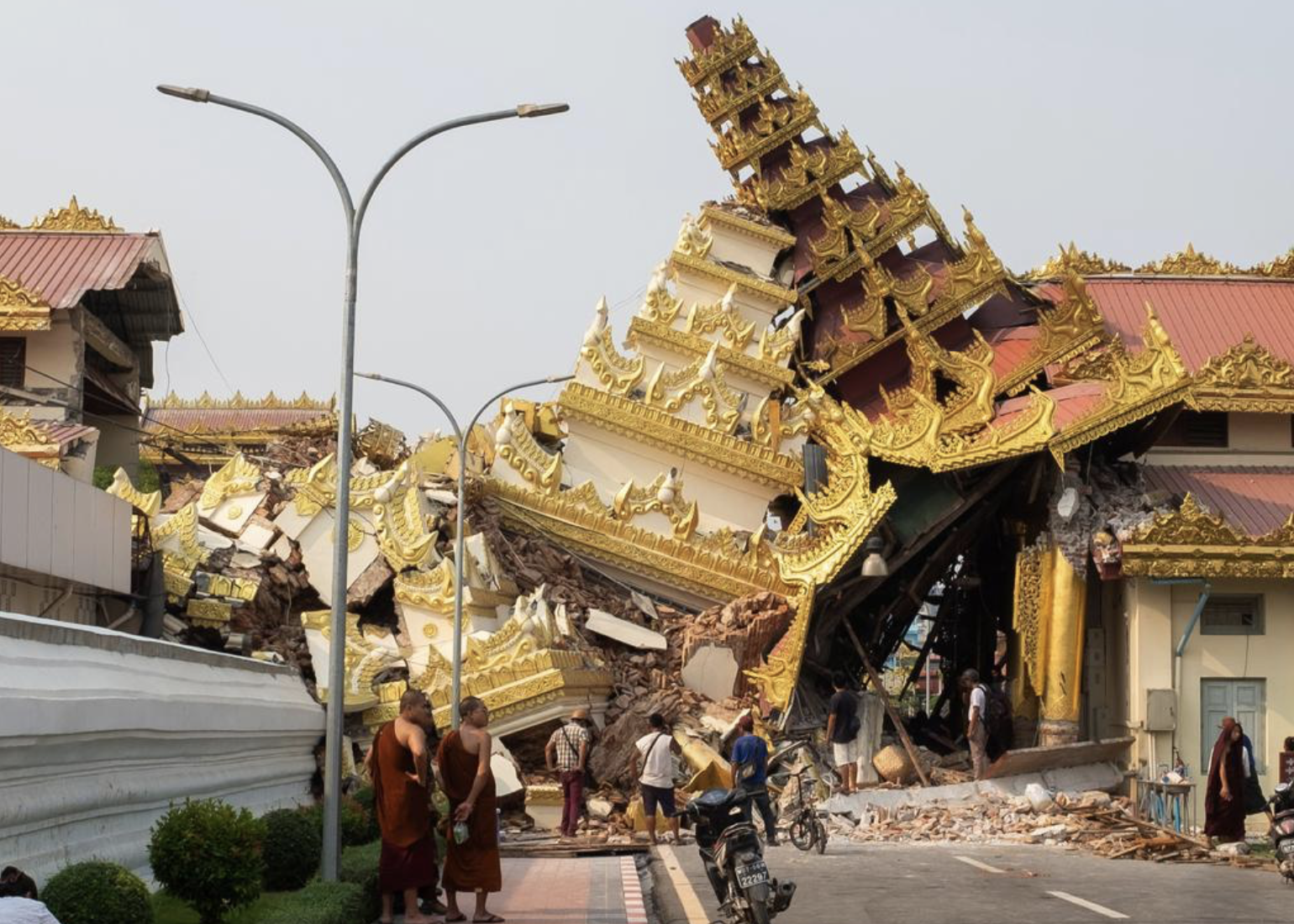
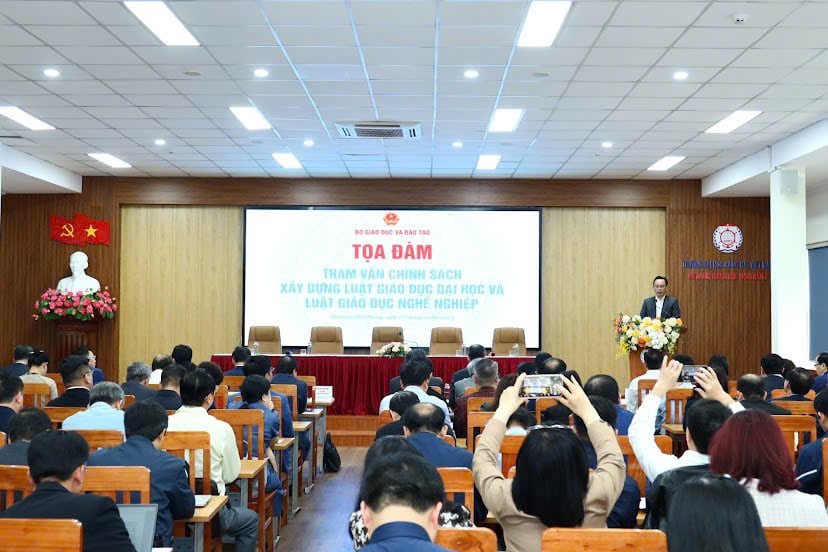

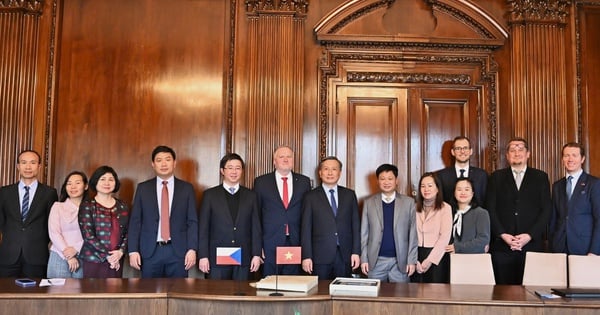

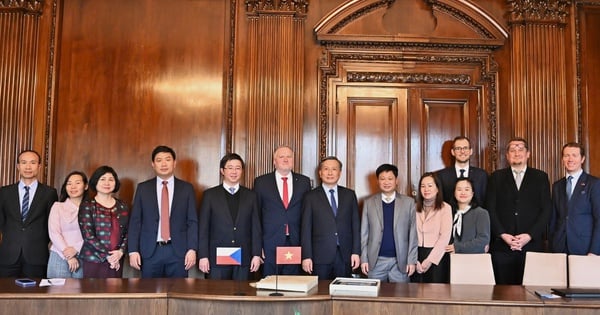
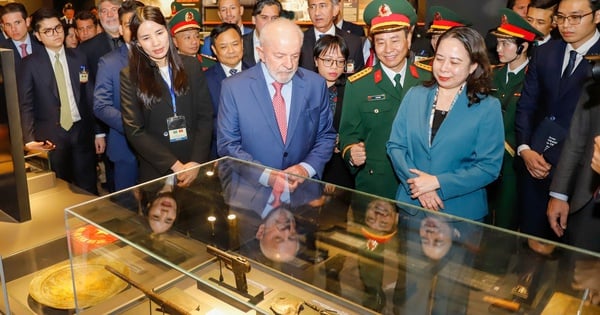

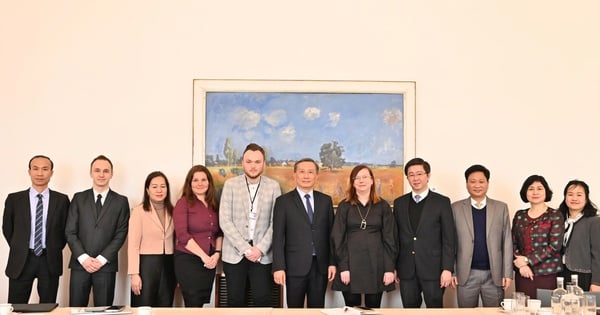
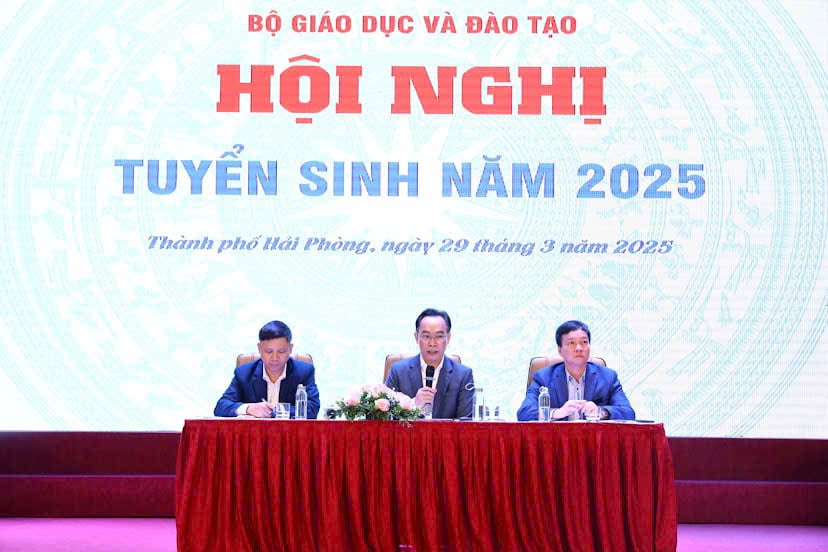
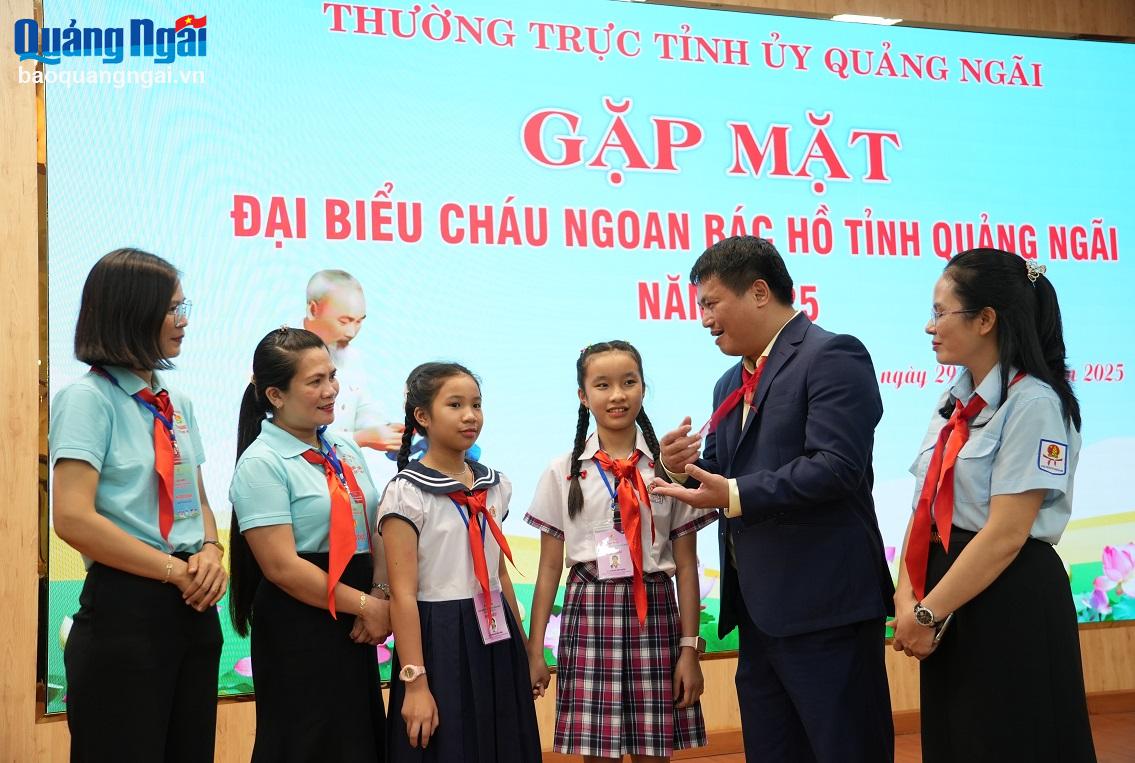

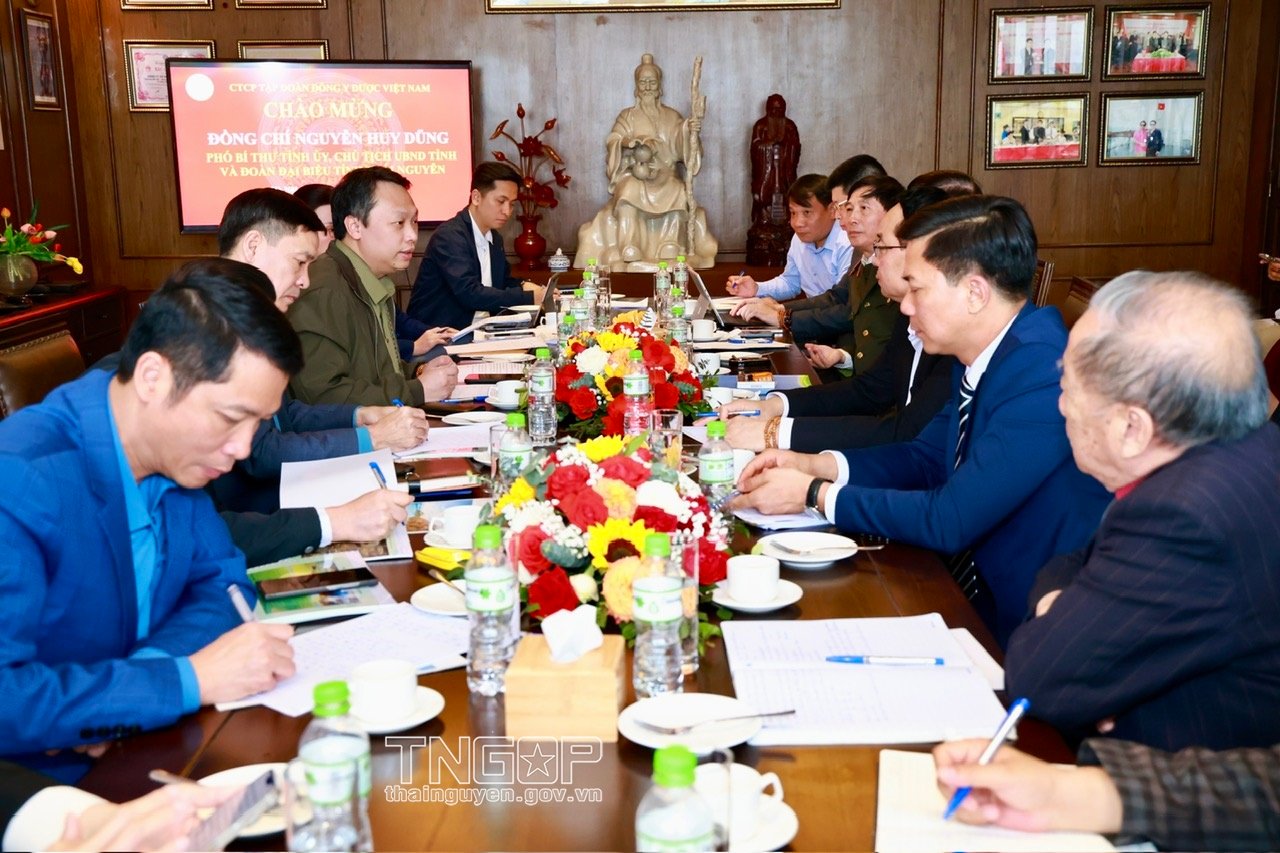

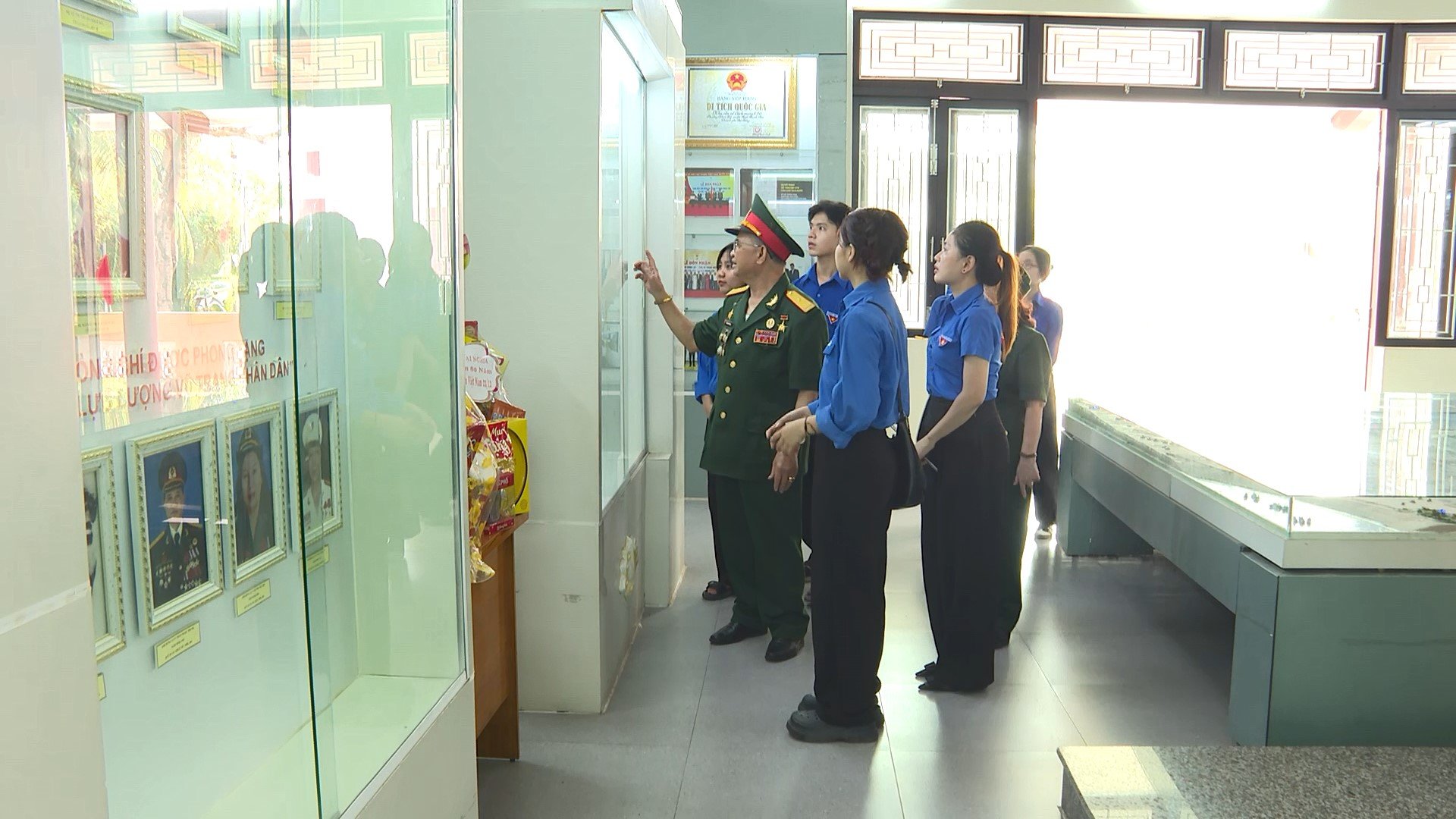













Comment (0)